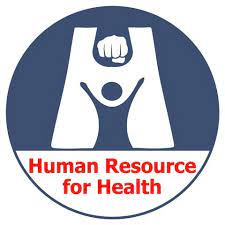More and more, people are learning great lessons from the current COVID-19 pandemic. There is an exposure of the faults and weaknesses in the health care system, whether in developed or developing economies. The inequalities between the two economies is undeniable in so far as the infrastructure and resources available.
It looks like suddenly decision makers have realized how important the medical professionals are in the success of health facilities. Interestingly, governments realized that their sometimes-unorthodox way of handling this group of people could not work and many had to accept some demands that had been pending for years just to save lives.
The pandemic has brought to the fore that a good infrastructure without sufficient medical personnel does not take care of patients; both are important and none should be preferred over the other but should be developed together. Governments have had to recall medics from sabbatical, study and annual leaves, and even hire those who have retired due to the great pressure. Specialists have been among those who have succumbed to the virus. The case has been very concerning especially in the fields that have very few members, whose dent has been obvious and disheartening.
Jayesh Saini opines that governments, especially in Africa, should come up with and sponsor programs that train medics to various specialties. To attain specialty certification is a very expensive venture, considering even an MO degree is equally expensive. To entice people, this program should be introduced and open to both public and private practitioners. Besides doctors, a resource that was over stretched are individuals who are critical care professionals, especially nurses. With ICUs and HDUs being full in almost all facilities, the personnel were forced to work for unhealthy hours and very traumatic conditions because of the shortage. In some facilities non-critical care nurses had to be called in to help as the work became overwhelming. As front-line workers, these individuals have gone through watching critical patients, distraught loved ones, who expect them to ensure their people do not die but live and blame them if they do not. They have in some cases had to improvise in cases of failing health system and they have been expected to remain sober and rational. Jayesh believes that these should be recognized and commends them for their good work.
Jayesh Saini also believes that the rest of the personnel are very critical in the whole cycle of life in a health facility. They have also taken more responsibilities than what they were employed for. It is not only scaring but a risky thing to be the one frisking people day in day out through security checks not knowing who has what disease. The trauma of dealing with those whose loved ones have passed on so suddenly and left big bills behind cannot be underestimated, and yet they are expected to ask for the payments.


















